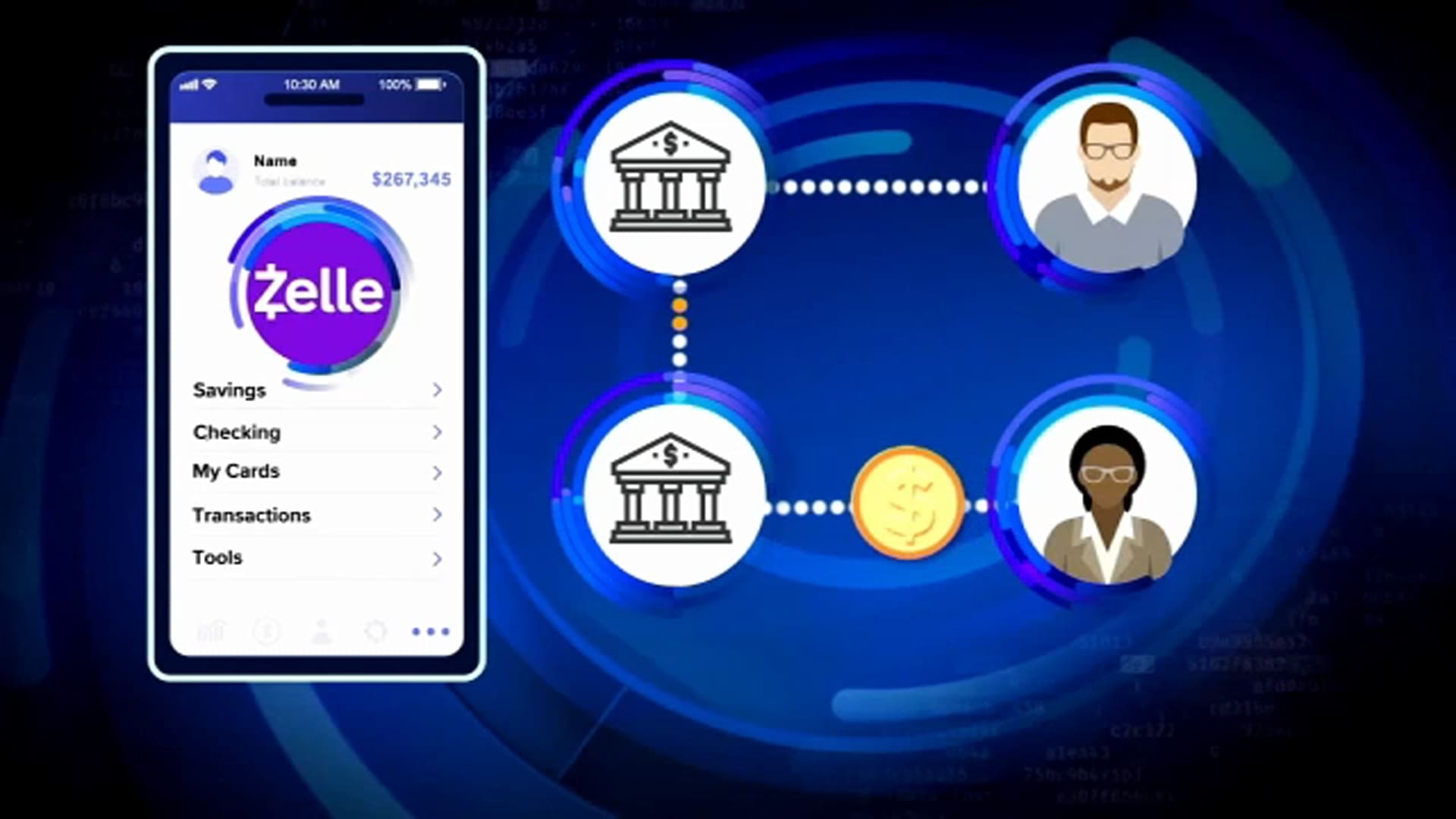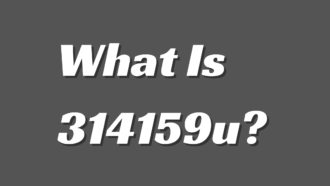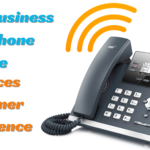Zelle scams – How To Avoid Them
Zelle is one of the most widely used financial platforms, so it’s not surprising that scammers have started to target it. Here are some things to watch out for and ways to avoid getting a nasty surprise.
What are Zelle scams?
Credit cards and digital payment apps like PayPal are much better than cash because you can get your money back if you give it to scammers. However, Zelle, a digital payment network owned by seven big banks, doesn’t care as much about its users. If you pay someone with Zelle scams, and they become a scammer, you have a slight chance of getting your money back from your bank. The same thing will happen if you send money to the wrong person. If you hit Send, the money is gone, just like you lost a $20 bill on the street.
Scammers who target Zelle use fake text messages and calls
Most Zelle scams are based on social engineering, where con artists gain their victims’ trust by sending them money on their own. For years, banks and older payment services like PayPal have had trouble with scams like this. One of the most common scams starts with a fake text message that warns about fraudulent activity on an account or asks for permission for a transaction that has yet to happen. When the user responds to the message (usually by texting “no” as instructed), they get a phone call from what seems to be an honest financial company. Zelle scams can fake phone numbers to make it look like the number calling is from a bank or credit union.
The scam takes a turn from here. Targets are told that a thief is trying to empty their bank account and that they must transfer money back into their account to be safe. The best people to scam are those who don’t already use Zelle scams, which would-be scammers can use to link their bank accounts to their phone numbers. To do this, the scammer will walk the target through the two-factor authentication process and ask them to read the verification code sent to the victim’s phone. Once the victim’s phone number is linked to the fraudster’s account, the last step of the scam is for the victim to send money to the fraudster’s phone number.
Since the scammer’s phone number is now linked to them, the victim’s money is finally being taken out of the account. Scammers will often try the same trick more than once. For example, they might ask for more transactions to “recover” money they lost. Most people who fall for the scam aren’t using Zelle scams, need to learn more about technology and think that sending money to their phone number can’t help a scammer.
What are some common scams that people try to pull with Zelle?
Adam Levin, who runs the podcast “What the Hack with Adam Levin,” says Zelle has top-notch security protocols. Worse news? Zelle scams are clever and convincing; once you send them money, you don’t have many ways to get it back. Ted Rossman, a senior industry analyst at Bankrate, says that Zelle’s biggest weakness is that payments are made immediately and can’t be returned.
If you lose your phone and the Zelle app is on, a crook can start transferring money from your account. However, says Contos, most Zelle scams are just tricks. Most Zelle fraud occurs when a thief gains the victim’s trust to steal money from their account. Scams with Apple Pay and Google Pay follow the same pattern.
If you fall for a Zelle scam, what should you do?
If you’ve been a victim of fraud or a Zelle scam, you should report it immediately online at the FBI Internet Crime Complaint Center or by calling the FBI’s toll-free fraud hotline at 833-FRAUD-11. If you signed up for Zelle through your bank, you must also contact them. If you signed up through the Zelle app, you can complete this online form or call 844-428-8542. You might get your money back if you report a Zelle scam immediately. However, some banks say the Electronic Transfer Act does not apply to many Zelle scam victims.
Andy Rogers, a senior assessor at the cybersecurity company Schellman, says,
It’s a finger-pointing situation.” “Zelle will say that your bank should be the one to refund the money, and your bank will say that Zelle should be the one to refund the money.
How to Avoid Online Scams: Conclusion
Almost everyone who uses the internet or has a phone number has encountered a scam. Even though most Zelle scams are easy to spot, con artists cast a wide net because they only need a few people to fall for their schemes to be profitable. Learn about the most common online scams, such as smishing attacks that use text messages, calls from numbers that look suspiciously like your own, fake job recruiters, and classic phishing scams that take advantage of product scarcity and impulse purchases.

















